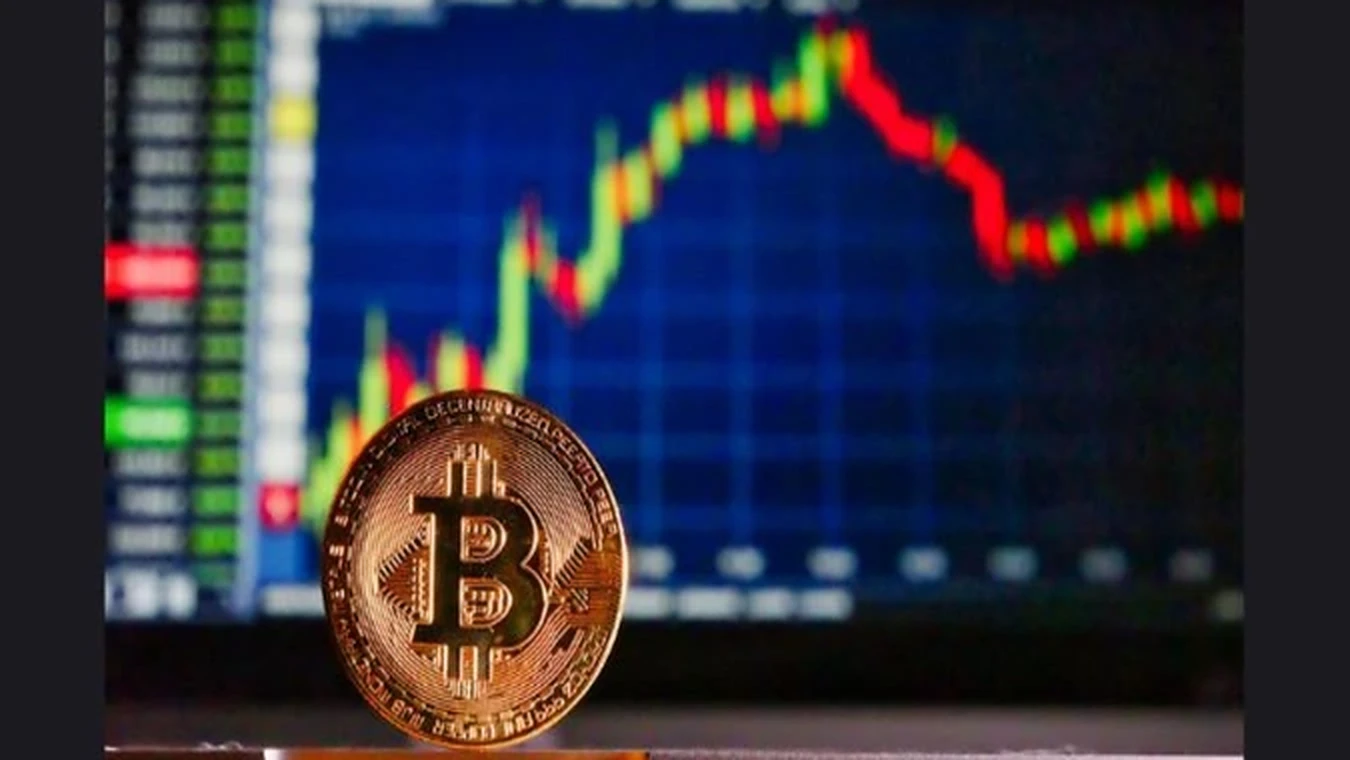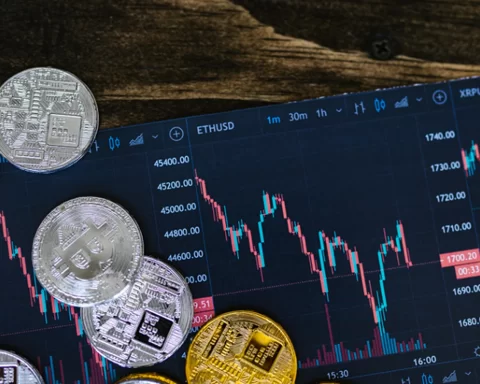Bitcoin and Ethereum users currently benefit from low transaction fees across both ecosystems.
As of June 23, the average Bitcoin transaction fee dropped to an eight-month low of $1.93, while average Ethereum fees were $0.70 on June 22, a significant decrease from the $2.50 highs observed in March.
Vitali Dervoed, CEO and co-founder of the onchain decentralized exchange Spark, attributes the reduction in Bitcoin fees to decreased network congestion and changes in mining activities post-halving.
He noted, “[The] halving often leads to a temporary decrease in mining activity as miners adjust to lower profitability.
This reduction in activity can decrease the competition for block space, thereby lowering fees.”
Justin d’Anethan, head of business development APAC at crypto market maker Keyrock, mentioned additional factors like the decline in transaction spikes from Ordinals and Runes inscriptions.
“The past few months have seen massive transaction spikes in the wake of Ordinals and Runes inscriptions, but the hype seems to have, if not died down, slowed down,” d’Anethan explained.
Carlos Mercado, data scientist at blockchain data firm Flipside Crypto, also cited Ordinals as a factor, noting, “After the halving, there were some short-term spikes in onchain BTC activity and fees. But generally, the Ordinals and BTC inscriptions narratives come and go.”
READ MORE: Vitalik Buterin Advocates Clearer Crypto Regulations Amid Regulatory Frustration in the US
Despite the benefit to users, the drop in fees poses challenges for Bitcoin miners. Mercado pointed out, “BTC fees [were] making up for lost block rewards,” but with decreased fees, miners face profitability issues.
He emphasized, “Long term, for Bitcoin to remain secure, miners performing proof-of-work must be able to recoup their real-world electrical/compute costs.”
Regarding Ethereum, low fees are linked to the Dencun update in March. D’Anethan explained that the shift of traffic to layer-2 solutions like Arbitrum, Optimism, and Base has alleviated some pressure on Ethereum’s main chain.
“The Dencun upgrade aimed at solving that by making layer-2 activity much much cheaper […] this has pushed both builders and users away,” he said.
Dervoed agreed, attributing Ethereum’s fee decline to increased adoption of layer-2 solutions.
He stated, “Ethereum’s fee decline is primarily a result of the increasing adoption of L2 solutions, such as Optimistic and zero-knowledge rollups.”
While some see the low fees as a positive development, Mercado expressed concerns about the long-term implications for both Bitcoin and Ethereum.
He warned that continuous halvings and issuance exceeding burns could result in inflation and potential security risks for these networks.
To submit a crypto press release (PR), send an email to sales@cryptointelligence.co.uk.




